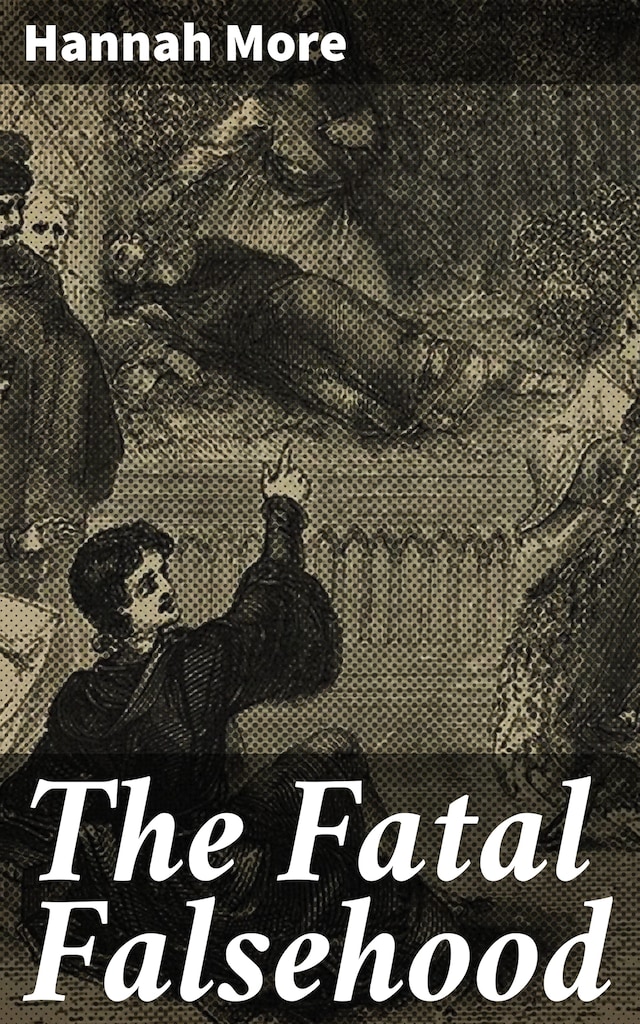
The Fatal Falsehood
A Tragedy. In Five Acts
Om bogen
Hannah More's 'The Fatal Falsehood' is a captivating tale delving into themes of truth, deception, and moral dilemmas. Set in the 18th century England, the book follows the story of a young man who must confront the consequences of a life-changing lie. More showcases her adeptness at storytelling through a gripping narrative, rich with detailed descriptions of societal conventions and the characters' inner strife. The novel stands out for its exploration of the power dynamics between truth and falsehood, making it a thought-provoking read in the context of the historical period it is set in. Drawing on the era's emphasis on virtue and morality, More weaves a compelling story that resonates with readers today. Hannah More, a prominent figure in the 18th century literary scene and a leading abolitionist, wrote 'The Fatal Falsehood' as a response to the societal norms of her time. Her works often tackled moral issues and sought to inspire social change through literature. More's deep understanding of human nature and her sharp insight into ethical dilemmas shine through in 'The Fatal Falsehood'. For readers interested in thought-provoking historical fiction that delves into complex moral themes, 'The Fatal Falsehood' by Hannah More is a must-read. This novel offers a compelling narrative that challenges societal conventions and prompts reflection on the consequences of deceit and truth.
 Hannah More
Hannah More 55 Sider
55 Sider